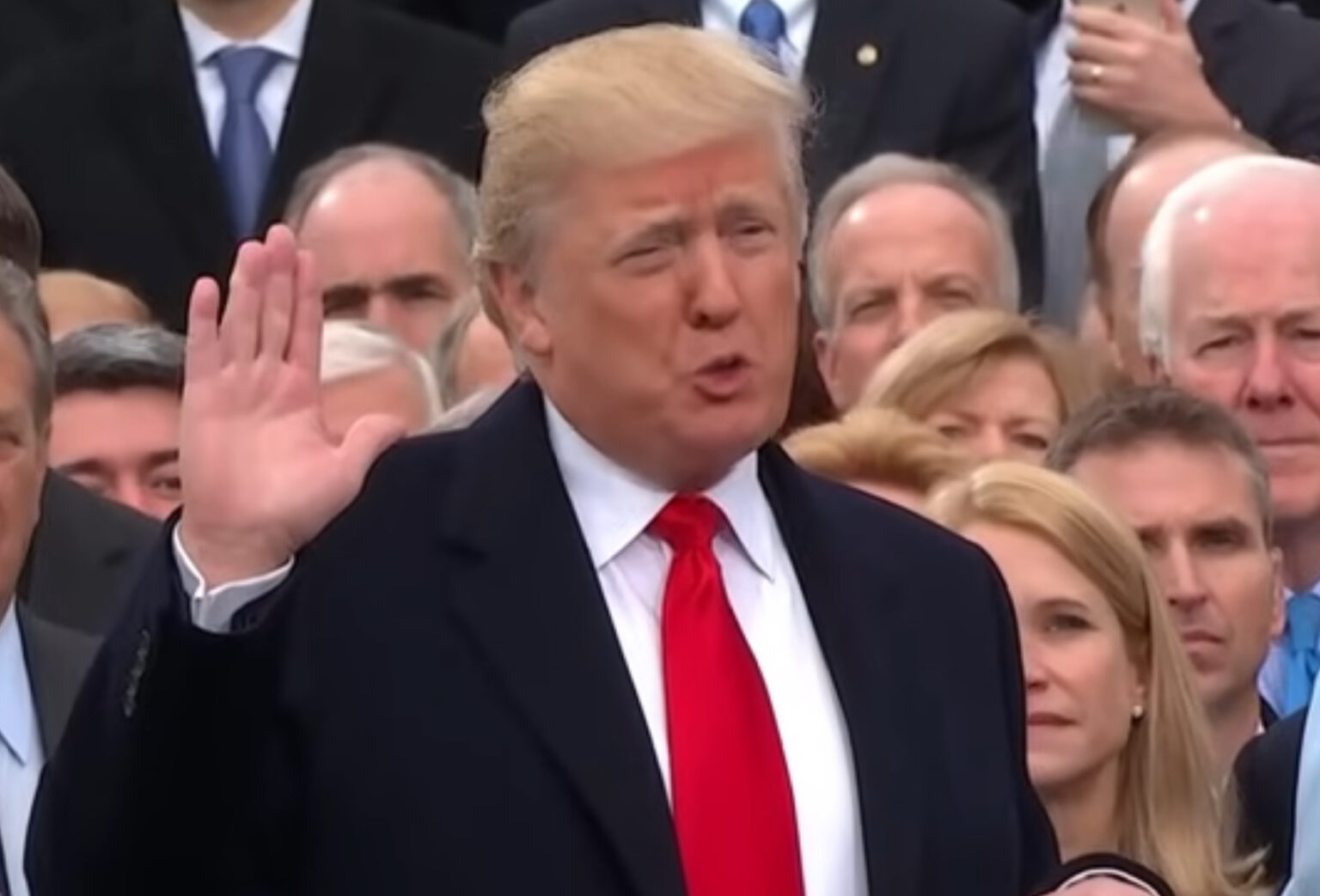In a surprising turn of events, Joe Biden and his wife Jill are confirmed to attend Donald Trump’s upcoming inauguration scheduled for January 20th, 2025. This marks a significant moment in American politics, as Trump will be inaugurated for a second time following his victory in the recent 2024 presidential election. Andrew Bates, the senior deputy press secretary at the White House, stated that Biden is honoring his promise to attend the inauguration of whoever emerged victorious, emphasizing the importance of this tradition in the United States. In addition to the Bidens, it is anticipated that Kamala Harris, the outgoing vice president, may also be present, further underscoring the commitment to a peaceful transition of power, a cornerstone of American democracy.
The relationship between Biden and Trump has taken an interesting trajectory throughout this election cycle. Following Trump’s unexpected electoral success, a cordial meeting occurred between the two at the White House, wherein Biden congratulated Trump and expressed a desire for a smooth transition. Trump responded in kind, acknowledging the inherent challenges of politics but highlighting the positive nature of their interaction. This friendly exchange is notable amid the often-tense backdrop of U.S. political discourse and can be seen as a moment of bipartisanship in a divided political climate.
Contrastingly, the contrasting attendance at the 2021 inauguration reveals the acrimonious history between the two leaders. On January 20, 2021, Trump chose to boycott Biden’s inauguration, a decision fueled by the controversial circumstances surrounding the previous election, which he persistently claimed involved significant voter fraud. His absence during an event that is typically characterized by ceremonial unity was a dramatic departure from historical norms, further deepening divides in the political landscape. Trump’s announcement via social media that he would not attend reflected the heightened tensions that had characterized his final days in office, culminating in the January 6th Capitol riots.
Trump’s first inauguration in January 2017 presents a different narrative, as it included the attendance of various notable political figures, including Joe Biden and Barack Obama, as well as Trump’s electoral opponent, Hillary Clinton. The presence of these established political figures at Trump’s first swearing-in illustrated a moment of unity, showcasing how former presidents and candidates typically come together to support the peaceful transfer of power, irrespective of party affiliations. Biden’s attendance during Trump’s inaugural ceremony highlights the usual bipartisan customs that have historically defined this key democratic ritual.
The upcoming inauguration of Trump raises questions about the evolving dynamics of political relationships and the challenges of navigating a largely polarized electorate. Biden’s decision to attend reflects a commitment to maintaining decorum and tradition, setting an example for political civility in an increasingly fractious political environment. The symbolism of ceremonies such as inaugurations extends beyond mere protocol; they represent a national commitment to democracy and a reminder that political rivalries can coexist alongside shared national unity.
As the date draws closer, the implications of this historic moment will surely resonate throughout the political domain, reflecting upon past conflicts while paving the way for future interactions between leaders of opposing parties. The inauguration can be seen as a litmus test for the future of bipartisanship in American governance, where Trump’s return to power will compel leaders, including Biden, to reconsider their strategies and approaches in dealing with an electorate that remains deeply divided. As the nation prepares for this significant event, it remains to be seen how the dynamics of respect, loyalty, and rivalry will unfold in the days, months, and years ahead.

